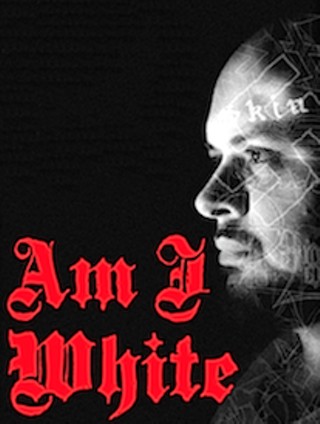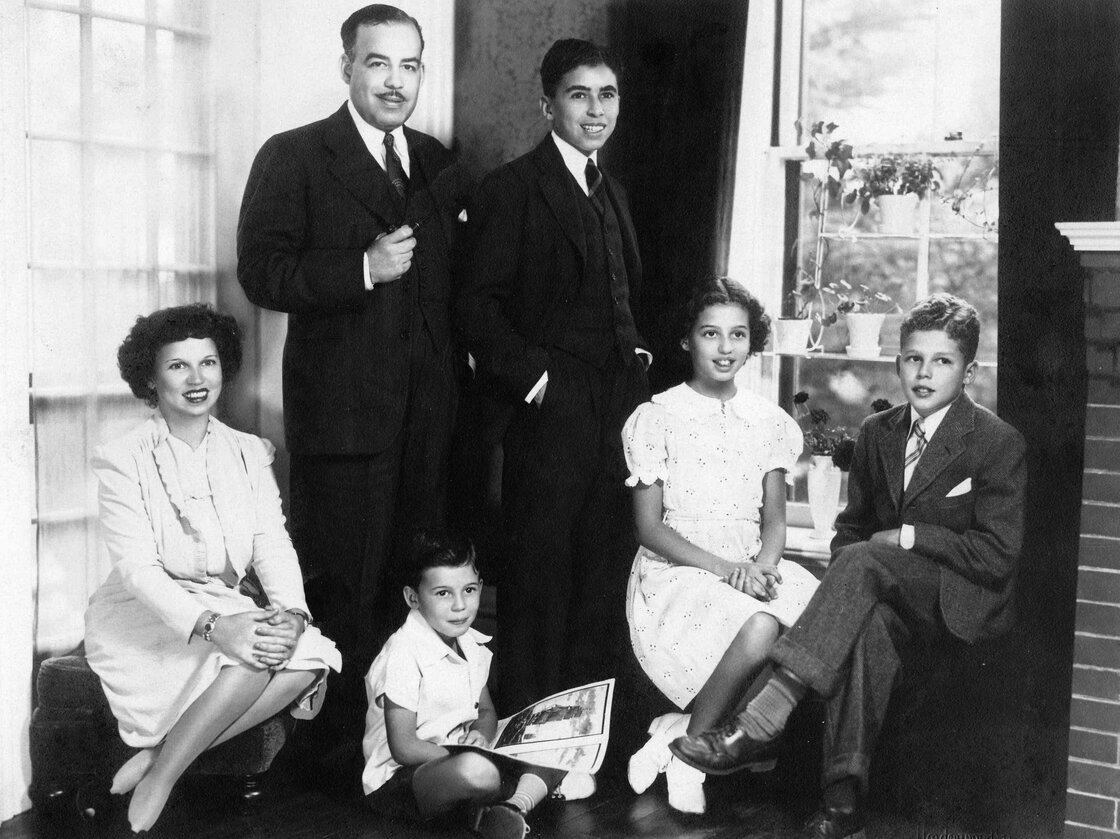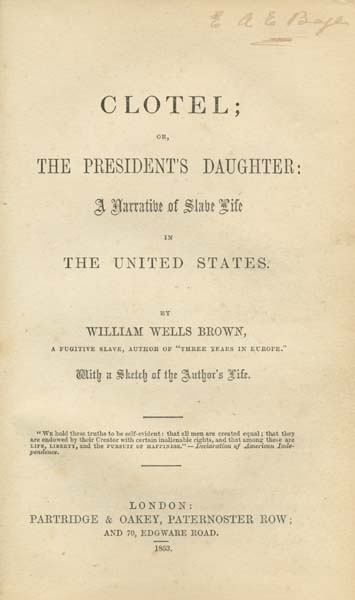Passing For WhitePosted in Articles, Media Archive, Passing, United States on 2014-10-19 21:40Z by Steven |
South Florida Sun-Sentinel
Fort Lauderdale, Florida
2003-11-01
David Crary
The Associated Press
America is more diverse than ever and racial pride is strong, yet a new movie and book are highlighting a phenomenon that seems like a relic of the segregationist past — black people passing as white.
The film, The Human Stain, is an adaptation of Philip Roth’s novel about a classics professor, played by Anthony Hopkins, who conceals his racial background.
The book, Passing: When People Can’t Be Who They Are, by Brooke Kroeger, includes a sympathetic profile of a black man who passed as a white Jew during the 1980s and ’90s.
Kroeger, a New York University journalism professor who spent four years researching her book, said passing has a profound resonance for many black Americans.
“Over and over, I’d hear personal stories about members of their family who didn’t return for reunions, who led clandestine lives,” she said.
“Traditionally, the attitude toward passing was you accepted it, you never exposed a passer. Post-1960s, when people are so proud of their racial and ethnic identities, it seems more like cultural treason, yet still people don’t give passers up.”
Paul Johnston, a retired X-ray technician, knows of passing firsthand. His parents, Albert and Thyra Johnston, passed as white along with Paul and his three older siblings while the family lived in two New Hampshire towns during the 1930s and ’40s. Albert was a physician in the community.
The truth of the Johnstons’ background came out in 1941, when Albert was rejected as a Navy officer. But despite the family’s fears, townspeople in Keene, N.H., were generally receptive to them even after the news spread, and the Johnstons’ experience was movingly depicted in a 1949 film, Lost Boundaries.
Paul Johnston, 68, is now married to a woman of Irish descent who has nine children from a previous marriage.
“Some of the kids were pretty prejudiced, but they grew to like me,” he said in a telephone interview. “They thought it was quite fascinating that something like this [his family’s passing] would happen.”
Johnston, who says some of his relatives continue to pass for white, lives in a predominantly white town on Cape Cod.
“Almost nobody knows of my background, not because I’ve kept it a secret, just because I haven’t talked about it much except to a few people in my church,” he said. “I don’t think it would make any difference to people, but you never can tell.”…
…In The Human Stain, Roth’s fictional protagonist, Coleman Silk, was loosely modeled on the late Anatole Broyard, for many years a prominent literary critic for The New York Times…
Read the entire article here.






